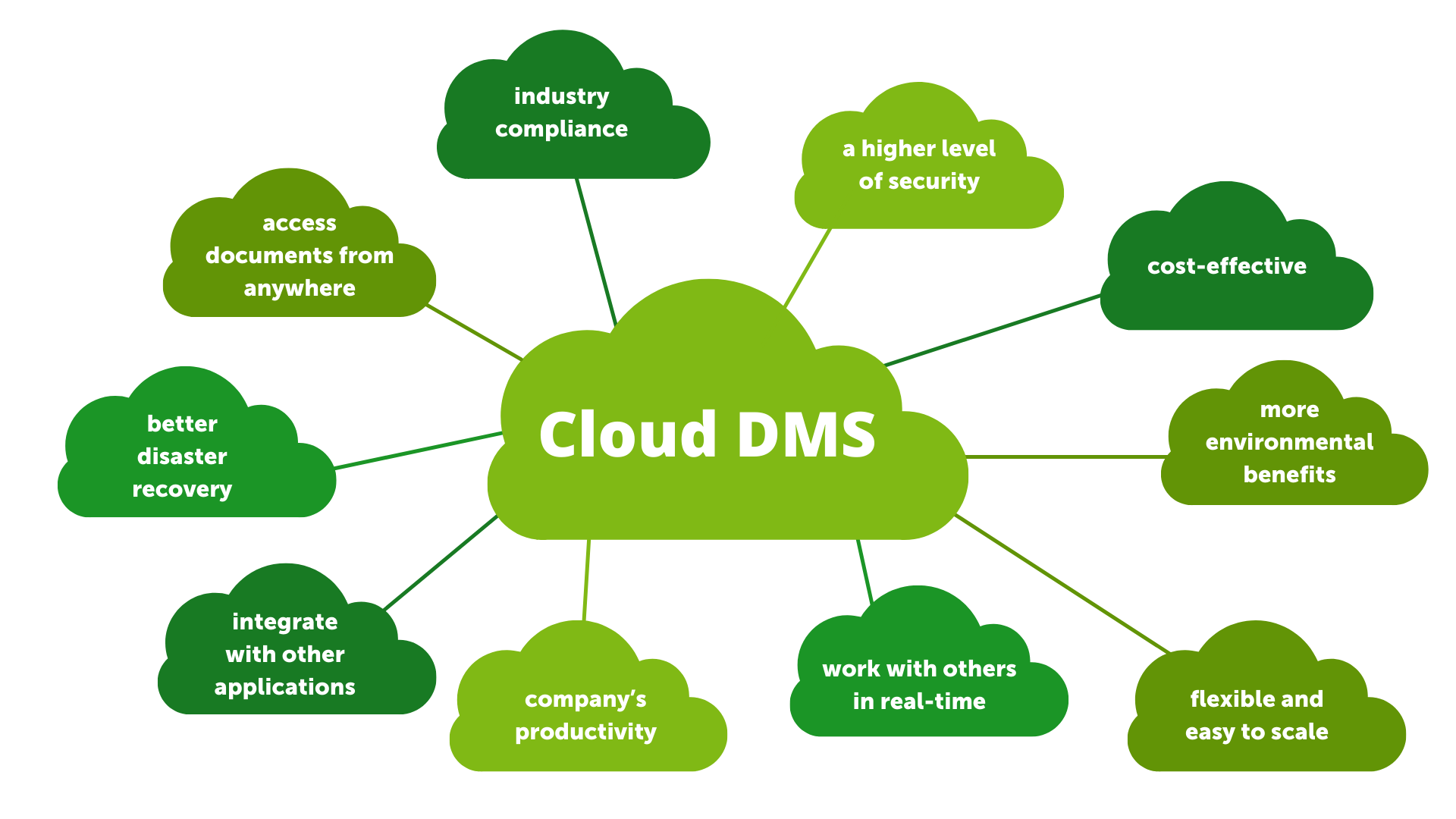
Revolutionize Your Workflow with Cloud Content Management
In today’s digital age, businesses rely heavily on access to information and collaboration among teams. Cloud content management systems allow companies to store, organize, and share data and documents in a secure, centralized location that can be accessed from anywhere with an internet connection. Businesses can streamline their workflows, improve collaboration, and increase efficiency by using a cloud content management system. This topic discusses the benefits and considerations of implementing a cloud content management system in your business.
Table of Contents
ToggleIntroduction to Cloud Content Management
Cloud content management is storing, organizing, and managing digital content in the cloud. This includes text documents, images, videos, and other types of digital media. Cloud content management systems allow organizations to access and share content from any device with an internet connection, making it easier to collaborate and work remotely. They also provide features such as version control, security, and data backup, which help ensure the content’s integrity and availability. By using a cloud content management system, organizations can save time and resources while also improving the efficiency of their content management processes.
Benefits of Using a Cloud Content Management System
There are many benefits to using a cloud content management system, including the following:
- Accessibility: With a cloud content management system, you can access your content anywhere with an internet connection.
- Collaboration: It’s easy to share content and collaborate with team members in real time.
- Scalability: Cloud content management systems can quickly scale up or down to meet your changing needs.
- Security: Cloud content management systems offer robust security measures to protect your content.
- Backup and recovery: Your content is automatically backed up in the cloud, so you don’t have to worry about data loss.
- Cost-effectiveness: Cloud content management systems are often more cost-effective than traditional on-premises solutions.
- Integration: You can easily integrate a cloud content management system with other business tools and techniques.
Considerations for Implementing a Cloud Content Management System
There are several considerations to keep in mind when implementing a cloud content management system:
- Cost: Determine your budget and compare the prices of different cloud content management options.
- Compatibility: Make sure the cloud content management system you choose is compatible with your current systems and technologies.
- Security: Consider the security measures and protocols in place to protect your content in the cloud.
- User experience: Choose a user-friendly and easy system for your team to use.
- Customization: Determine if the system can be customized to meet your specific needs and requirements.
- Integration: Consider how the cloud content management system will integrate with your other business tools and techniques.
- Support: Look for a provider with good customer support and training resources.
Best Practices for Using a Cloud Content Management System
Here are some best practices for using a cloud content management system:
- Establish clear roles and responsibilities for content management within your organization.
- Set up a plan for naming and organizing your content to make it easy to find and use.
- Implement security measures to protect your content, such as setting up access controls and regularly backing up your data.
- Keep your content up-to-date by periodically reviewing and deleting outdated or unnecessary files.
- Use version control to track changes to your content and ensure that you are always working with the most current version.
- Train your team on how to use the cloud content management system to ensure it is used effectively.
- Monitor the performance of your system and make any necessary adjustments to improve efficiency.
Case Studies of Successful Cloud Content Management Implementations
Many case studies of successful cloud content management implementations across various industries exist. Here are a few examples:
- A global pharmaceutical company implemented a cloud content management system to improve collaboration and access to documents across their organization. The system helped to streamline processes and reduced the time spent on administrative tasks.
- A leading fashion retailer implemented a cloud content management system to manage product content and images. The system helped to improve the efficiency of their content creation and management processes, resulting in faster time-to-market for new products.
- A government agency implemented a cloud content management system to store and securely share documents with external partners securely. The system improved collaboration and made it easier for the agency to access and share important information.
- A financial services company implemented a cloud content management system to manage and store compliance-related documents. The system helped improve their compliance processes’ efficiency and reduced the risk of non-compliance.
Conclusion
Cloud content management can transform your business workflow by providing a secure, accessible, and collaborative platform for storing and managing digital content. With a cloud content management system, you can access and share your content from any device with an internet connection, improving collaboration and enabling remote work. You can also take advantage of features such as version control, security, and data backup to ensure the integrity and availability of your content. By using a cloud content management system, you can save time and resources, improve efficiency, and better meet your organization’s needs.
Also check : Exploring the Life and Legacy of William Shaner

